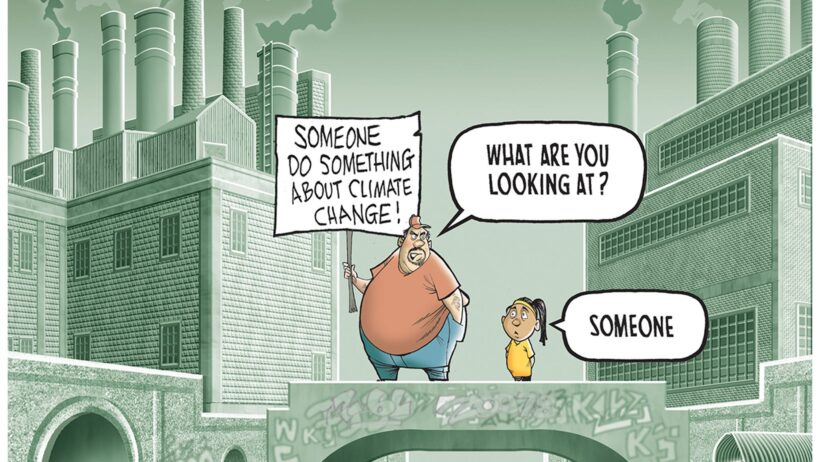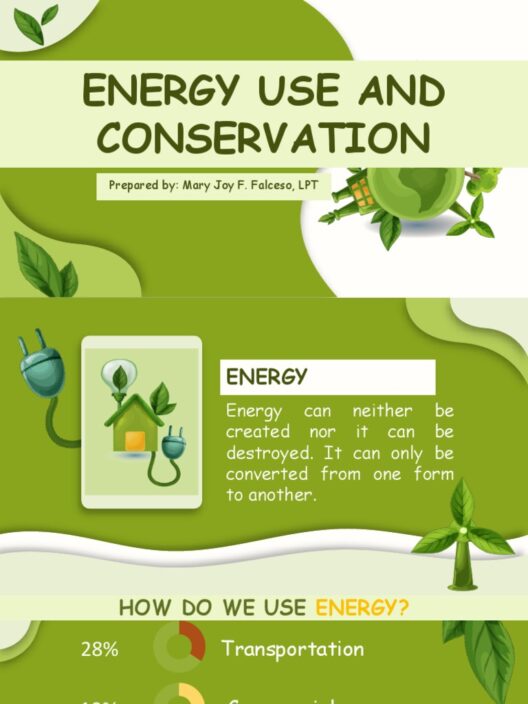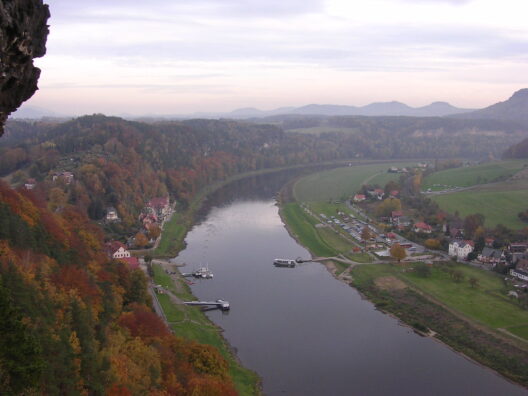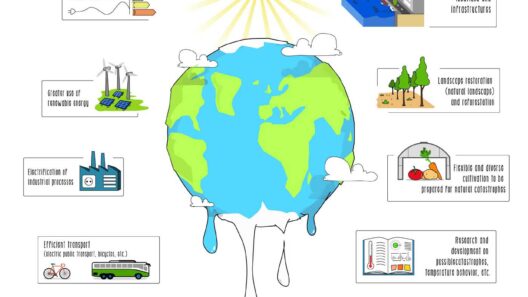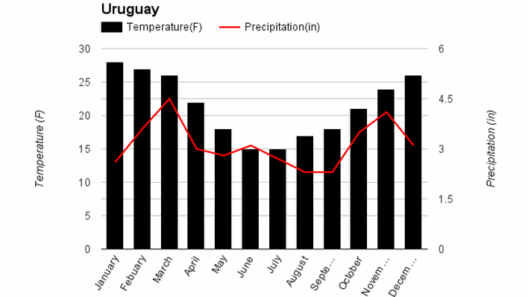The climate crisis is akin to a colossal ship headed for an iceberg, and the reality is increasingly undeniable: individuals hold a rudder in steering collective action towards a more sustainable future. As the tenth of a degree creeps into annual temperature averages and extreme weather events punctuate our summers, it becomes essential for individuals to recognize the power they wield in effecting change. This exploration embarks on a multifaceted journey, illuminating strategies through which one can impact environmental preservation positively.
Firstly, consciousness plays a pivotal role, serving as the compass guiding actions. Awareness about climate change is not merely a passing echo; it resonates through every aspect of our lives. By educating oneself on the science behind climate change, from greenhouse gas emissions to the troubling thaw of polar ice caps, individuals can ground their actions in knowledge rather than shortsightedness. This foundational understanding fosters a deeper commitment, transforming apathy into urgency.
Equally important is the reduction of one’s carbon footprint. This metaphorical footprint can be likened to an indelible mark left on our planet. Simple actions, such as utilizing public transportation, biking, or carpooling, can significantly decrease greenhouse gas emissions. Each mile saved from idling in traffic equates to a small victory against climate change. Energy consumption presents another avenue: adopting energy-efficient appliances, utilizing LED lighting, and embracing renewable energy sources, such as solar or wind. Just as a ship functions best when wind currents guide its sails, so too can individuals harness sustainable resources to chart a greener course.
Another aspect of individual action is adopting a plant-centric diet. The agrarian practices inherent in livestock farming contribute significantly to greenhouse gas emissions. Shifting towards a more vegetarian or vegan dietary regime not only benefits personal health but serves as a bold statement in favor of ecological conservation. Imagine a world where plates reflect not just the cuisine, but a conscientious resistance against habitat destruction. Each meal becomes an opportunity to choose sustainability over convenience, and with every plant-based dish, one can nurture a flourishing planet.
Consider also the impact of waste management practices. In the grand narrative of sustainability, waste is often the overlooked protagonist. Embracing the principles of reduce, reuse, and recycle cultivates an environment of resourcefulness. Mindfully selecting products, opting for minimal packaging, and ensuring proper disposal of hazardous materials help alleviate the burden on landfills and natural ecosystems. By participating in local clean-up efforts, individuals can contribute to restoring the beauty of their surroundings while fostering a sense of community. It becomes an act not just of cleaning, but of healing.
The act of advocating for policy change is yet another potent tool in the arsenal of climate action. Engaging with local representatives to voice concerns about environmental policies can amplify individual efforts into broader societal shifts. This is where the metaphor of the ship transforms into a fleet: a unified coalition of individuals demanding stewardship for the earth. Grassroots movements, backed by individual testimonies and local activism, often catalyze legislative reforms. Whether it’s writing letters, signing petitions, or participating in climate marches, each action compounds collective pressure on policymakers, steering the conversation towards sustainable practices.
Participatory consumerism also shapes the narrative of climate action. This approach empowers individuals to exercise their purchasing power mindfully. Supporting companies with sustainable practices creates economic incentives for more businesses to follow suit, echoing the sentiment that green isn’t just a movement—it’s profitable. By selecting brands that prioritize sustainability, individuals stand as vigilant custodians of the planet, sending ripples of change through market dynamics.
Furthermore, leveraging social media platforms can enhance the reach of climate activism. These digital spaces serve as contemporary amphitheaters, where dialogues on sustainability flourish. Sharing information, organizing events, and amplifying the voices of indigenous communities—who often bear the brunt of environmental degradation—can forge connections that transcend geographical barriers. Through hashtags, viral posts, and shared stories, advocates can spread awareness and mobilize action on an unprecedented scale. The power of storytelling, even through seemingly trivial posts, can culminate in a groundswell of advocacy—a modern-day tide of change.
Nevertheless, it is imperative to remember that emotional resilience is equally crucial in the face of despair. The climate crisis can foster feelings of hopelessness; thus, mental fortitude must be cultivated. Reflecting on personal motivations and engaging in restorative practices, such as spending time in nature or participating in mindfulness exercises, prepare individuals to sustain their activism and inspire others. In this way, the journey towards climate action is not simply a sprint to combat despair, but a marathon requiring fortitude and community support.
In summation, direct action against climate change emerges not merely as a pet project for the devoted but as a moral imperative for all individuals. Through conscious decisions, dietary shifts, waste reduction, advocacy, and community engagement, the combined force of individual actions can reshape our collective destiny. When individuals recognize their unique potential as navigators—using their efforts as rudders—they contribute to steering the global ship towards an environmentally sustainable horizon. The climate crisis demands attention, and while it can feel daunting, the sheer ability to generate change underscores that indeed, every small action contributes to monumental impact. Together, we can forge pathways that lead to a more sustainable and resilient future for generations to come.



